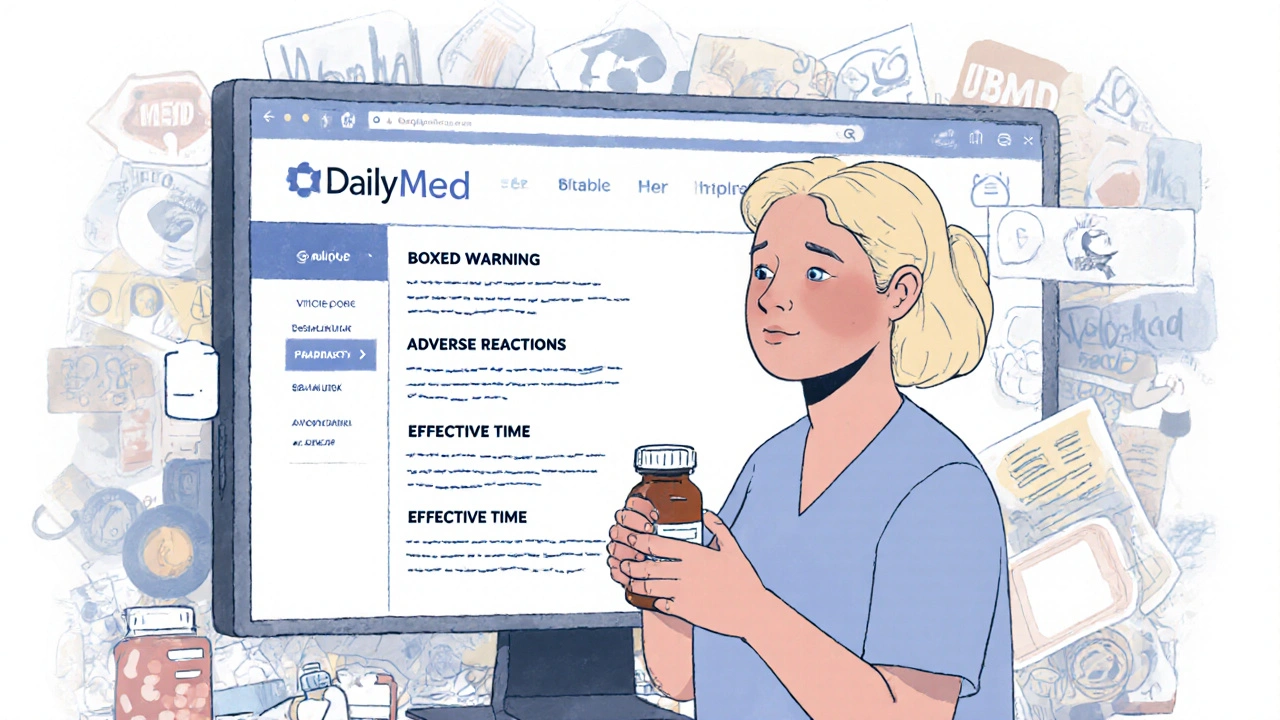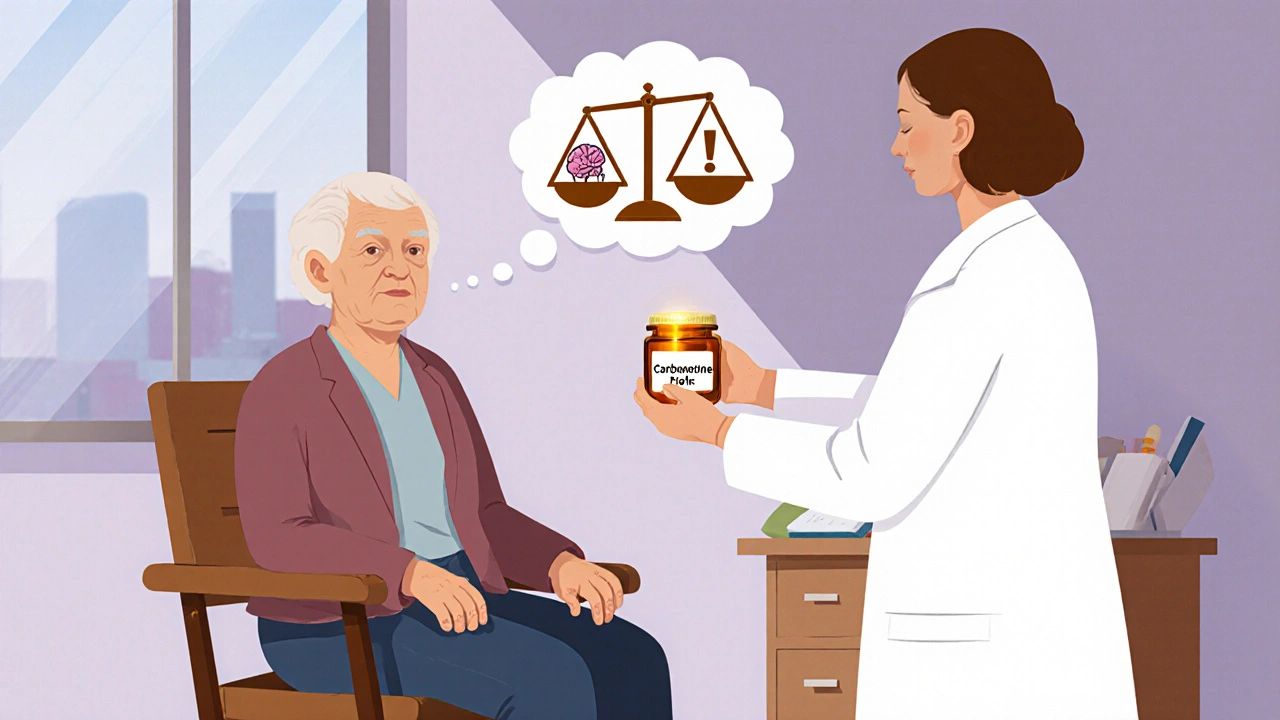Side Effects: What They Are and How to Deal With Them
If you’ve ever taken a pill and felt a weird taste in your mouth or a sudden headache, you’ve experienced a side effect. It’s the body’s reaction to a drug that isn’t part of the intended benefit. Side effects can be mild, like a dry mouth, or more serious, like trouble breathing. Knowing why they happen and what to do about them can save you stress and keep you safe.
Every medication interacts with your biology in its own way. Some drugs hit the same receptors that cause the main effect but also touch other pathways, leading to extra symptoms. Genetics, age, other meds, and even food can change how strong a side effect feels. That’s why two people on the same prescription might have completely different experiences.
Common Types of Side Effects
The most frequent side effects are gastrointestinal – nausea, diarrhea, or constipation. They happen because many drugs affect the stomach lining or gut bacteria. Next up are nervous‑system reactions: dizziness, headache, or trouble sleeping. Hormonal changes can cause weight gain or mood swings, especially with steroids or antidepressants. Skin reactions like rashes or itching also pop up often when a drug triggers an immune response.
Serious side effects are rarer but need immediate attention. Think rapid heartbeat, swelling of the face or throat, severe rash, or sudden vision loss. If any of these appear, call emergency services right away. Most side effects start early in treatment, but some show up only after weeks or months of use.
How to Safely Handle Side Effects
The first step is a simple record‑keeping habit. Write down the drug name, dose, when you took it, and what you felt. This makes it easier for your doctor or pharmacist to spot patterns. Never stop a prescription without checking with a professional; sometimes a lower dose or a different schedule solves the problem.
Ask your healthcare provider about ways to reduce common side effects. Taking medication with food can ease stomach upset, while staying hydrated often helps with dry mouth. If you’re prone to dizziness, stand up slowly and avoid driving until you know how the drug affects you.
When a side effect feels unbearable, call your doctor. They might swap the medicine for another that works just as well but has a milder profile. In some cases, they’ll add a second medication to counteract the unwanted reaction – like an anti‑nausea pill alongside chemotherapy.
Remember, side effects are not always a sign that a drug is “bad.” They’re clues about how your body processes the treatment. By staying alert, keeping notes, and talking openly with your health team, you can manage them without missing out on the benefits of the medication.

DailyMed Navigation: How to Find Up-to-Date Drug Labels and Side Effects
DailyMed is the official source for up-to-date FDA-approved drug labels and side effects. Learn how to find accurate medication information, check for safety warnings, and verify the latest updates from manufacturers.
November 22 2025
Carbamazepine Use in Older Adults: Risks, Benefits, and Dosing Guidelines
A practical guide on carbamazepine use in older adults, covering dosing, side‑effects, drug interactions, monitoring, and safer alternatives.
October 22 2025
Amitriptyline vs Alternatives: Detailed Comparison for Depression and Pain Management
A concise guide comparing amitriptyline with common alternatives, covering efficacy, side effects, safety, and how to choose the right medication.
October 9 2025
Desogestrel-Ethinyl Estradiol: Benefits, Side Effects, and Safe Use Guide
Clear, practical guide to desogestrel-ethinyl estradiol: key benefits, side effects, real-world risks, who can use it, interactions, and smart usage tips.
August 24 2025
Reglan Guide: Uses, Side Effects, Warnings and Tips for Safe Use
Clear, useful info about Reglan (metoclopramide): what it treats, real side effects, how to use it safely, and who should steer clear. Facts and tips for smarter choices.
August 4 2025
Ibuprofen Uses, Benefits, Side Effects, and Tips for Safe Pain Relief
Ibuprofen is one of the most popular painkillers out there, used for everything from headaches to swollen ankles. This article breaks down how ibuprofen works, what it’s good for, the risks, how to use it safely, and why not every painkiller is created equal. You'll pick up useful tips and facts to use this common medicine with confidence.
May 26 2025